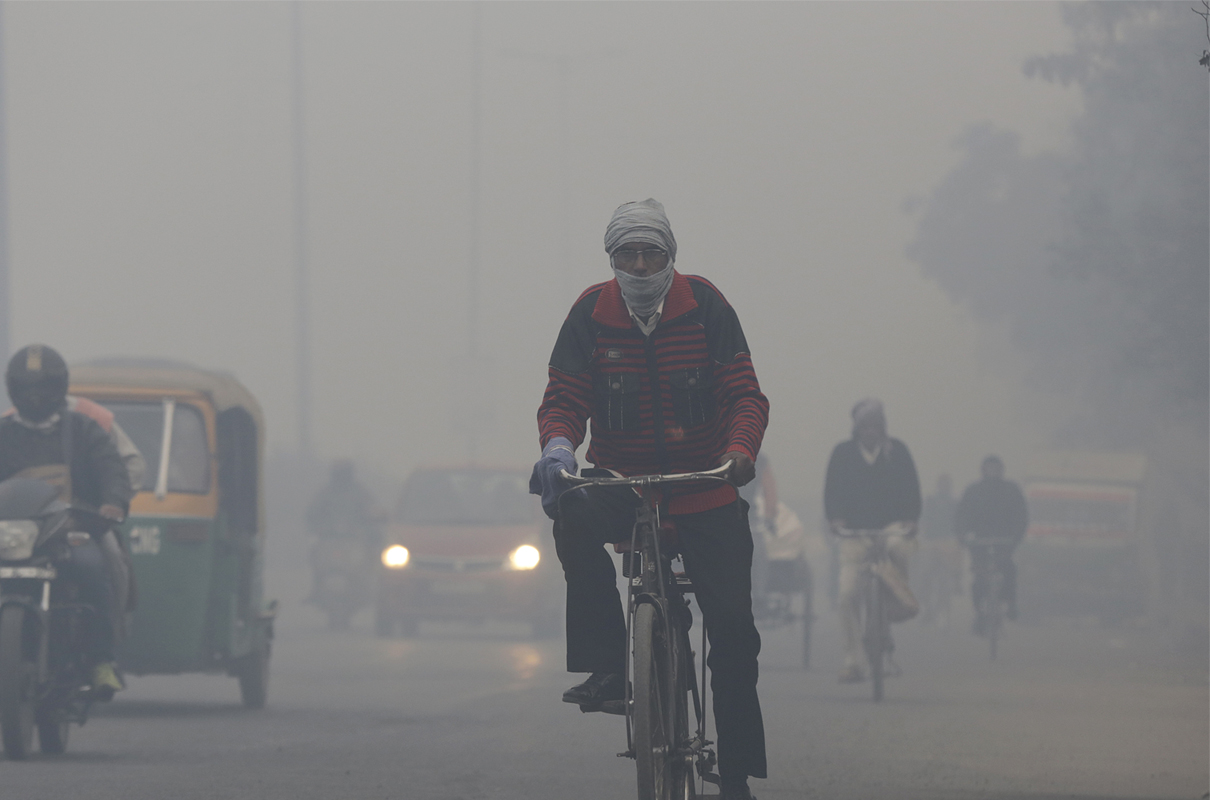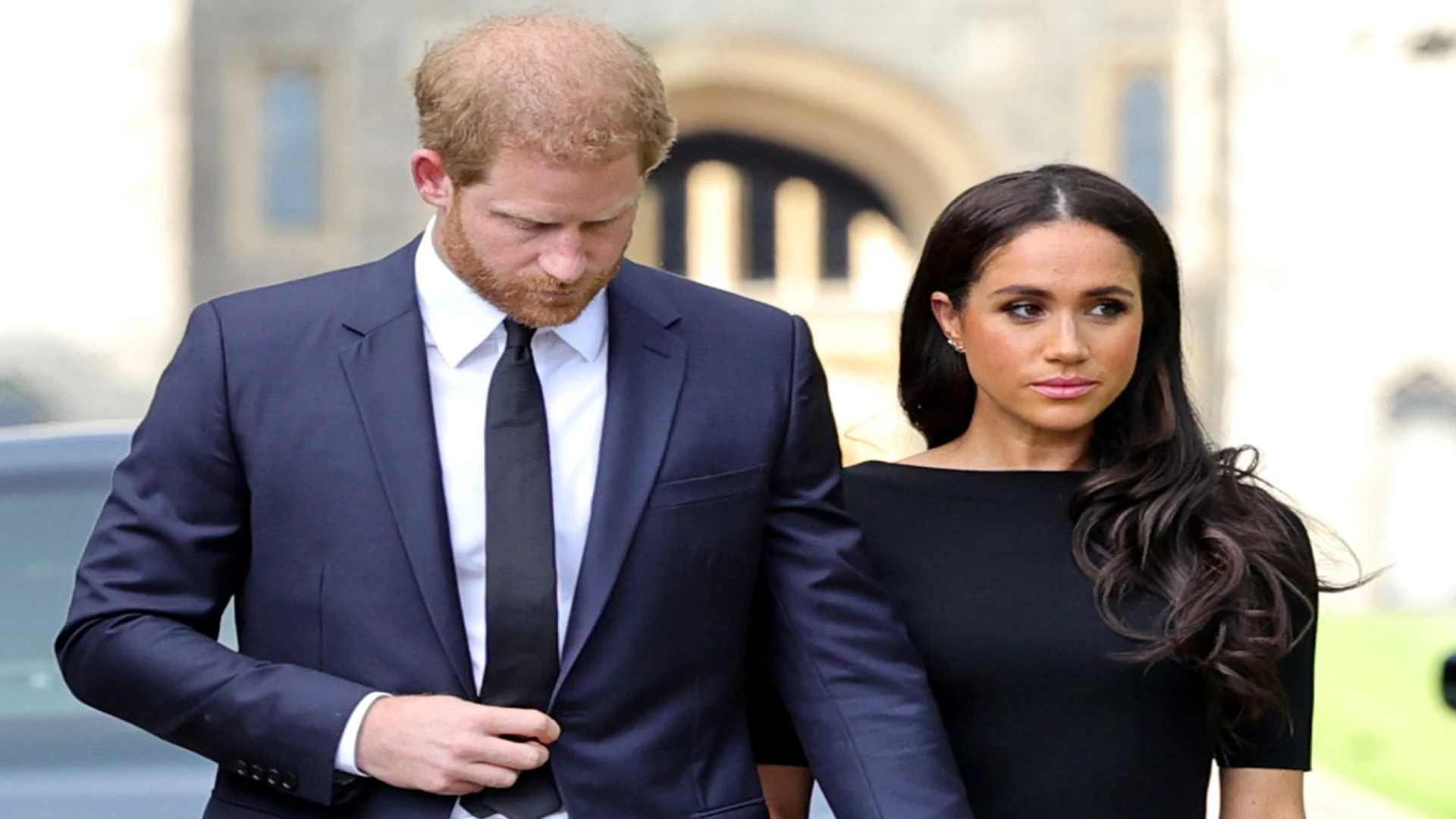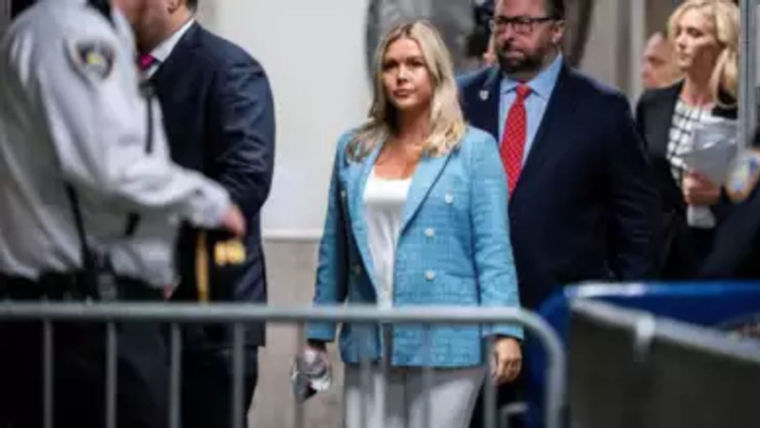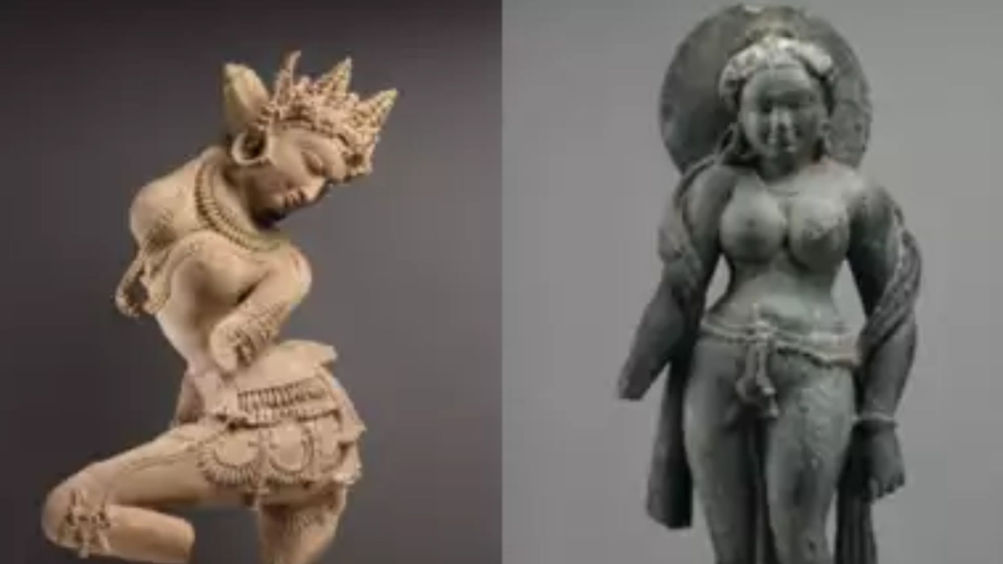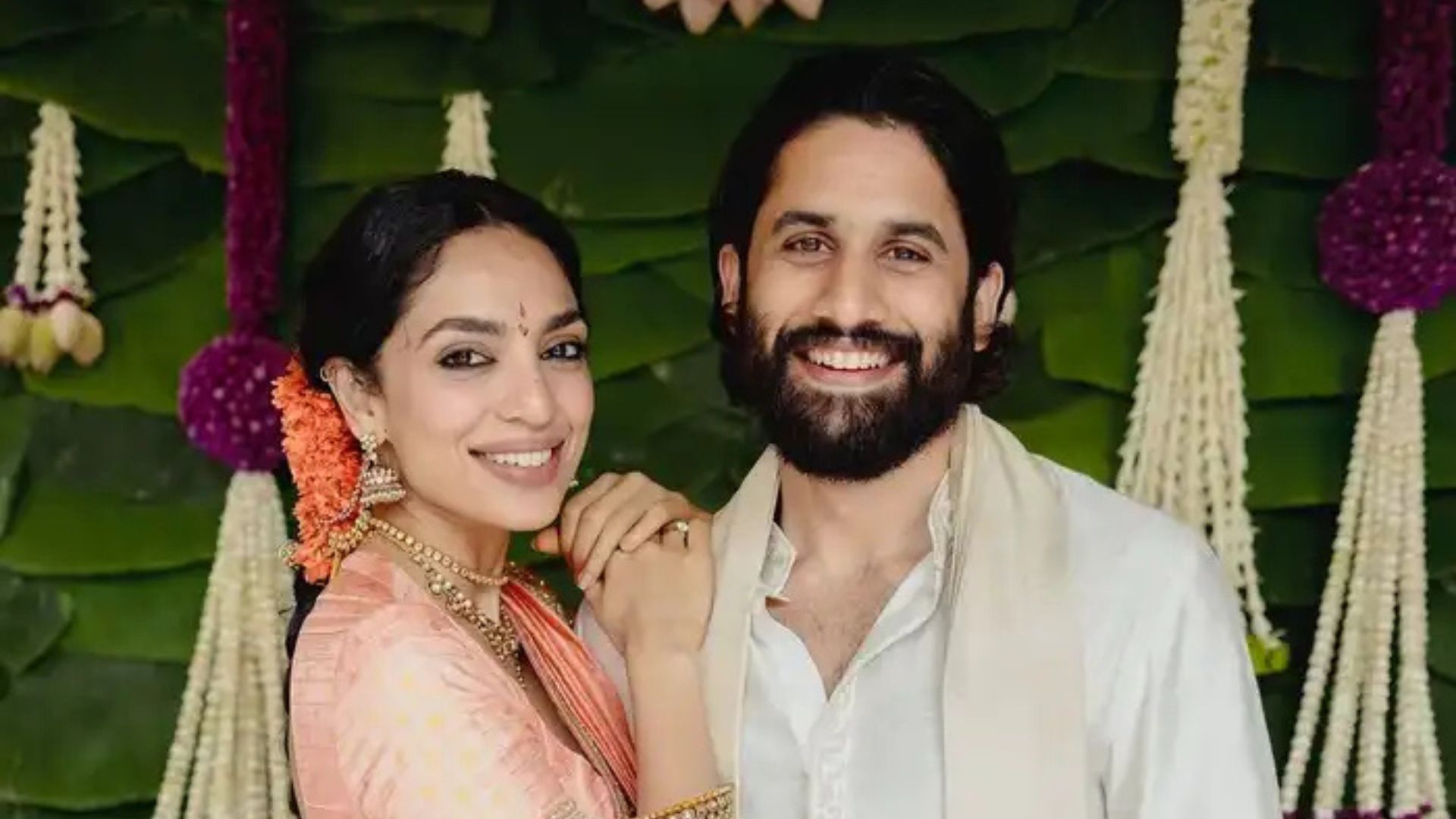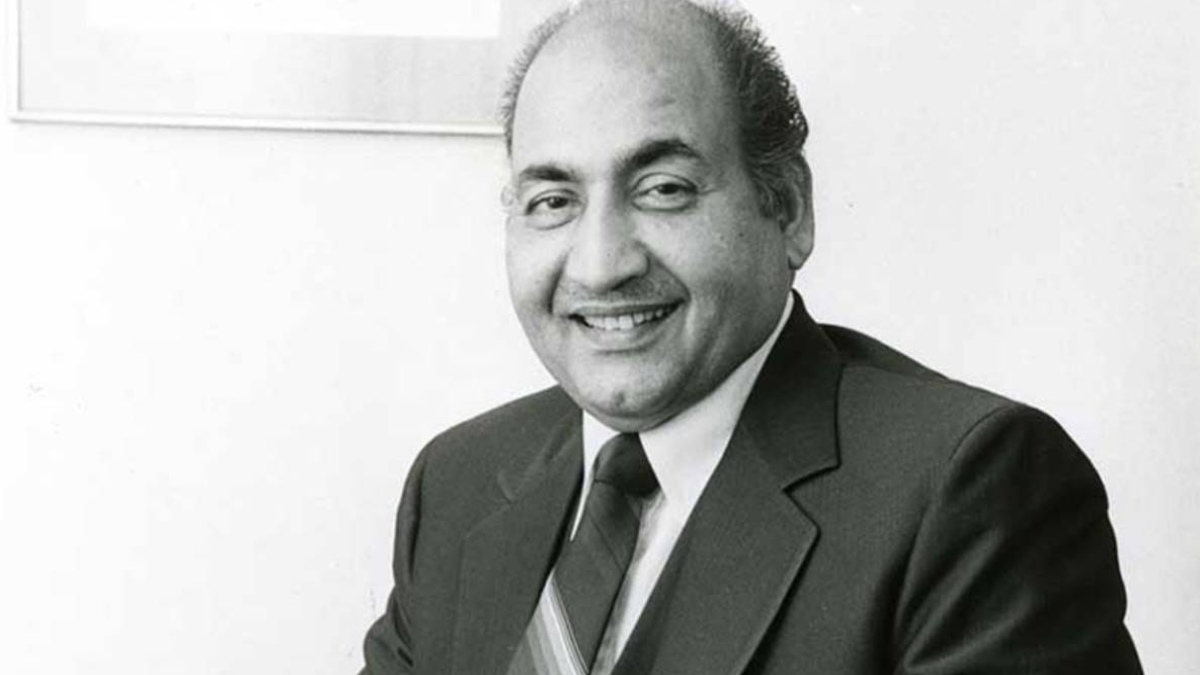
There has perhaps been no singer anywhere in the world whose songs, even 41 years after his passing away, continue to feature prominently in all radio shows of that particular country. Mohammad Rafi breathed his last on July 31, 1980, and his immortal renderings dominate virtually every station presenting Hindi melodies. In a way, he continues to be the voice of India, having done playback singing for almost every top hero of his time. His versatility was such that he could bring to life any song, happy or sad, romantic or patriotic that he was asked to sing. In other words, the reason for his immense popularity was the range of music that he could easily adjust to. Along with Lata Mangeshkar, he symbolised the best in Hindi film music in particular.
Rafi was generally the first choice of every leading composer purely because he could put his soul into any kind of composition he was asked to sing. Having made his debut in a Punjabi film in the early 1940s, this gifted crooner graduated into the top league after Kundan Lal Saigal’s era ended. Incidentally, Saigal had identified Rafi as a singer with immense talent, when he heard him for the first time in Lahore, and predicted a great future for him. After Saigal’s death, there was a void in the music world. Music lovers had heard off Rafi but he came on to the centre-stage after he sang the tribute to Mahatma Gandhi, “Suno Suno ae duniya walo, Bapu ki yeh amar kahani”, shortly after the Father of the Nation was assassinated. Rafi’s next two most popular numbers were, “Yeh zindagi ke mele” under Naushad’s baton and “Mein zindagi mein hardam rota hi raha hoon”, composed by Shankar Jaikishen in their debut making film, Barsaat. At that point of time, both Talat Mehmood and Mukesh were also very popular, with the former occupying the number one slot. It so happened that Talat decided to go for Haj pilgrimage which used to take three months at that time. In his absence, Rafi became the preferred singer of virtually all composers and also became the voice of Dilip Kumar. Thus, he was the number one male singer.
Dev Anand had once told me that so far as rendering of ghazals was concerned, no one could match Rafi but for romantic songs, Kishore Kumar was also his favourite. Not many are aware that Rafi also did playback singing for Kishore Kumar for at least four songs, and amongst them were “Ajab Hai Dastaan teri hai zindagi’’ composed by Shankar Jaikishen and “Man Mora Bawara’’, by O.P. Nayyar. In the early sixties, a feud over royalty broke out between Rafi and Lata. Both of them stopped singing together and the consequence was that for many duets, music directors roped in Suman Kalyanpur and Mubarak Begum in place of Lata since Rafi was indispensable and was the voice of all top heroes.
Over the years, many young singers have tried to emulate his style and voice but none has succeeded. He is perhaps also the only singer whose clones cannot come up to his exacting standards when the pitch gets higher. Rafi shall be always remembered as a versatile and gifted singer who was also a great human being. He died too young but his voice lives on forever.
